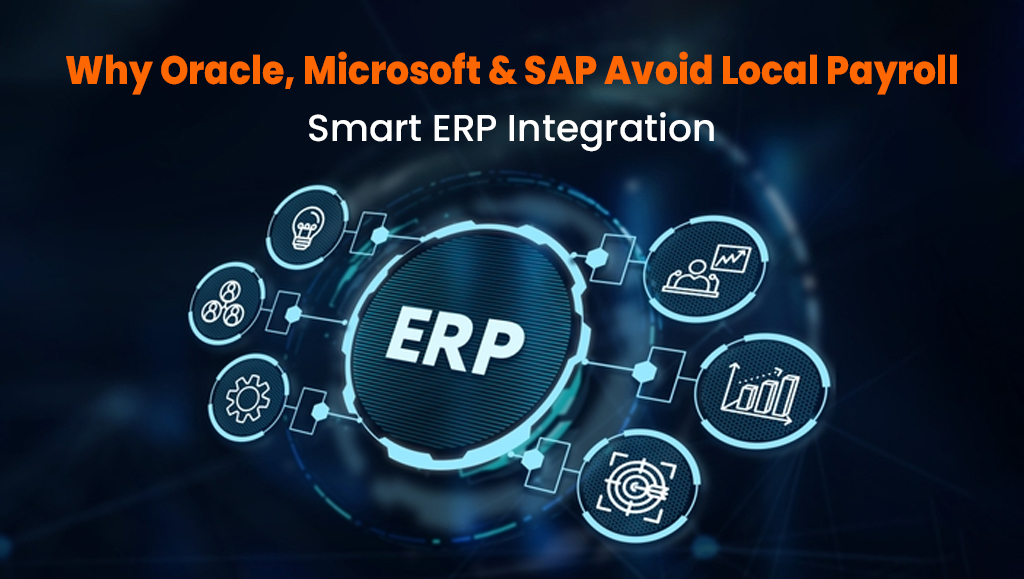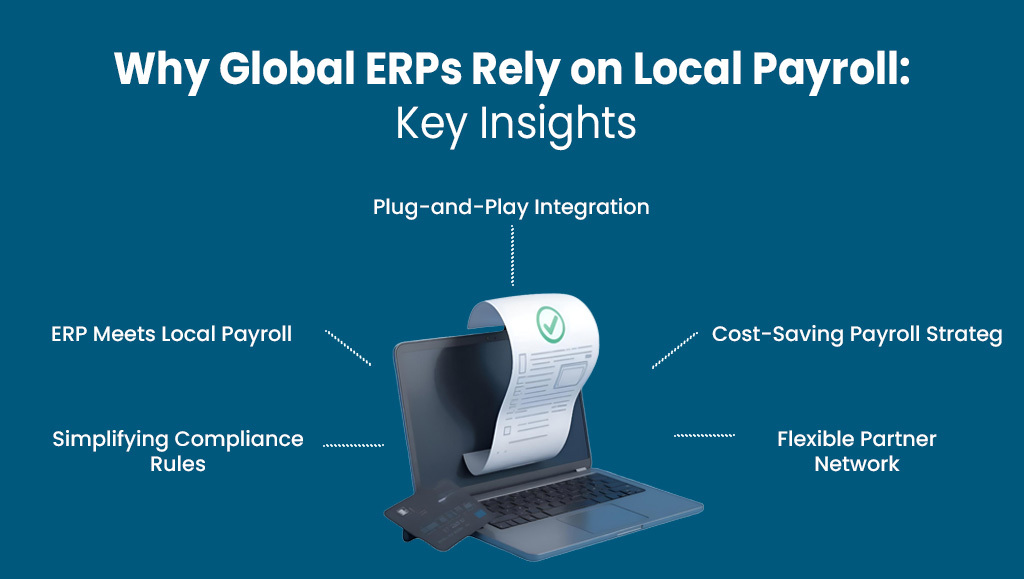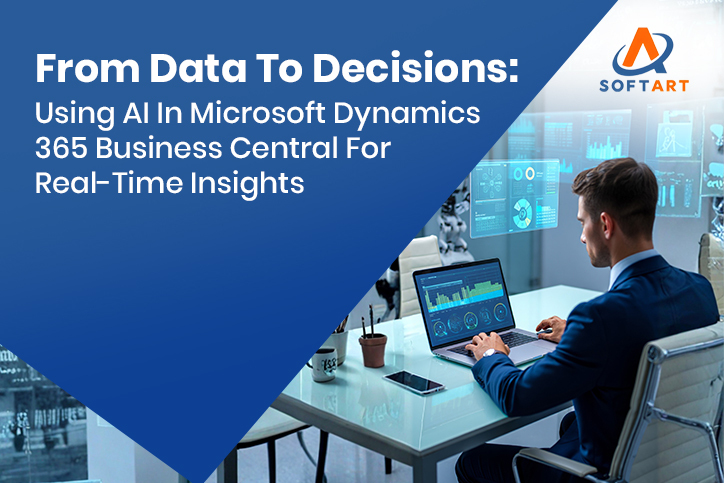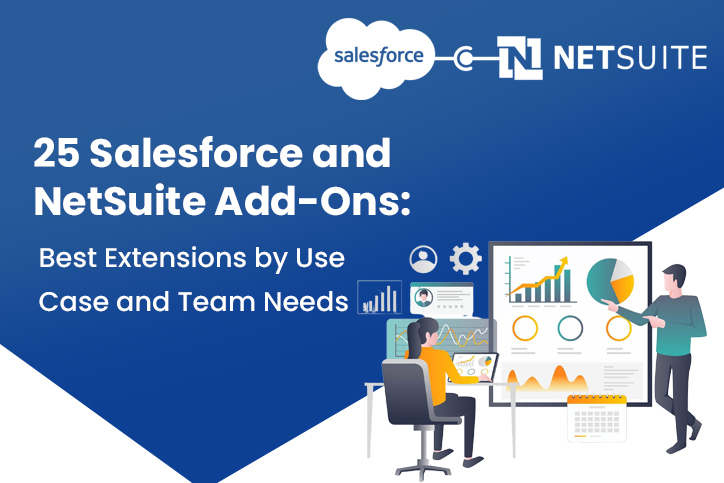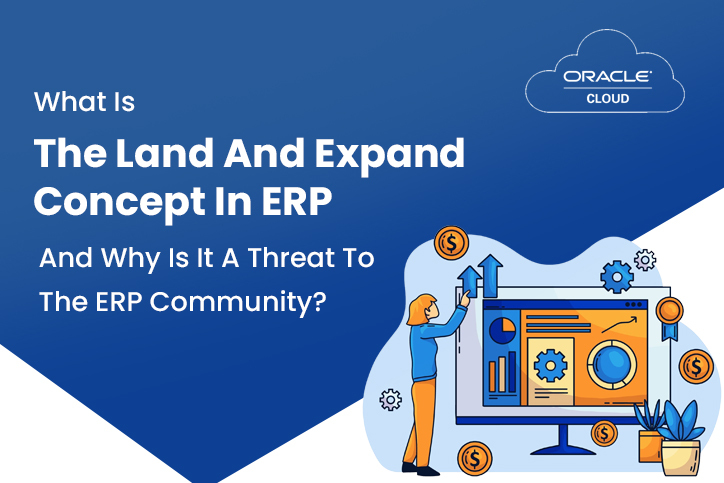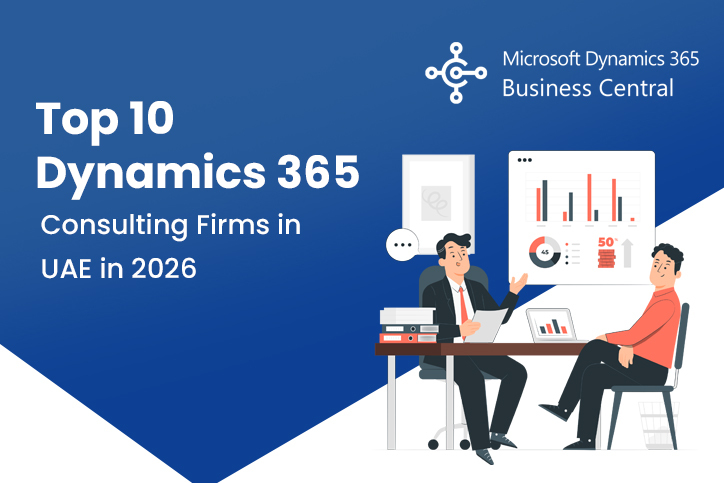When companies invest in enterprise-grade software like Oracle, Microsoft or SAP, they expect everything under one roof, finance, HR, operations and payroll. Yet, one surprising discovery most businesses make is that these global ERP leaders don’t offer local payroll for every region.
If you’ve ever wondered why Oracle payroll is not available locally or why even top-tier ERP systems rely on third-party payroll providers, this blog will give you a clear, direct answer.
Let’s dive into the real reasons, strategic, legal and practical, behind this gap and why integrating ERP vs local payroll software is the smarter approach for global businesses.
The Core Truth: Payroll Is a Localized, Ever-Changing Function
Payroll is far from universal. Each country and sometimes even states within countries, has its own complex set of tax laws, employment regulations, benefits and compliance rules.
- In India, payroll must align with PF, ESI and income tax updates that change annually.
- In the UK, businesses must comply with HMRC’s Real-Time Information (RTI) reporting.
Maintaining frameworks like these for 180+ countries would be extremely challenging for ERP providers. Instead, they focus on core ERP functionalities, financials, supply chain and HR, while leaving payroll to certified local experts.
This is the core reason why Oracle payroll is not available locally and the same principle applies to Microsoft and SAP.
Why Oracle Doesn’t Offer Local Payroll
Oracle’s cloud ERP and HCM solutions are among the most advanced globally. Yet, the Oracle Payroll module is available only in select countries such as the US, UK and Australia.
Why? Payroll is deeply tied to local labor laws. Maintaining hundreds of legal structures worldwide would divert focus from Oracle’s mission: delivering a robust global ERP ecosystem.
Instead oracle promotes integration with certified local payroll partners through oracle erp implementation, enabling:
- Real-time synchronization of employee and financial data
- Compliance with regional payroll and tax regulations
- Unified reporting for HR and finance teams
Oracle doesn’t offer full local payroll because efficiency, flexibility and compliance are better achieved through partnerships rather than internalizing every country’s rules.
Why Microsoft Doesn’t Offer Local Payroll
Microsoft follows a similar approach with Dynamics 365. Although Dynamics 365 Finance and Operations and Business Central are highly popular, built-in payroll is limited to only a few regions.
Payroll is too localized and legally sensitive for Microsoft to offer worldwide coverage. Instead, businesses using dynamics 365 implementation services can integrate ERP with specialized local payroll software. This ensures:
- Global ERP efficiency
- Local compliance accuracy
- Real-time integration without legal risk
Microsoft prioritizes global performance while enabling businesses to choose certified payroll providers that comply with regional laws.
Why SAP Doesn’t Offer Local Payroll
SAP’s SuccessFactors Employee Central Payroll covers only a limited number of countries directly. For all other regions, SAP integrates with local payroll engines through certified partners.
This model allows SAP to:
- Maintain enterprise scalability
- Reduce compliance risks
- Allow smooth integration with local payroll vendors
The result? Businesses can process payroll accurately without overloading the ERP system with thousands of country-specific rules.
The Strategic Reason: Global vs Local Priorities
Understanding ERP vs local payroll software is key.
- ERP systems: Manage global business operations, finances, HR, supply chain and reporting.
- Local payroll software: Focuses on precision, salaries, deductions, taxes and statutory compliance in a specific country.
Trying to merge both globally would create constant maintenance challenges and legal risks. ERP providers, therefore, adopt a modular strategy: integration, not internalization.
Legal and Compliance Barriers
Payroll processing carries sensitive legal obligations that differ from country to country. ERP vendors would need to:
- Track new tax rules every fiscal year
- Ensure compliance with social security, pensions and healthcare regulations
- Handle audits, penalties and reporting for each jurisdiction
Even one missed update could result in severe legal consequences. That’s why local experts handle payroll, mitigating risk for both vendors and clients.
Technical Complexity of Payroll Customization
Every country has unique payroll rules: allowances, deductions, leave structures and statutory benefits. Building and maintaining these for multiple countries would require:
- Thousands of regional payroll templates
- Constant testing and updates
- Separate support teams for each geography
Instead, ERP providers focus on open integration frameworks. Local payroll solutions plug into ERP systems effortlessly, giving companies the freedom to select what works best for their region.
Cost Efficiency Factor
Maintaining local payroll across 100+ countries would drastically increase ERP costs:
- Dedicated compliance teams for each jurisdiction
- Continuous updates, testing and support
- Multiple ERP versions customized per country
By offloading payroll to specialized partners, companies save costs while maintaining flexibility. Local payroll integration is a cost-efficient model for both vendors and clients.
ERP vs Local Payroll Software: What’s the Real Difference?
Understanding ERP vs local payroll software is key to grasping why this separation exists.
| ERP Systems | Local Payroll Software |
|---|---|
| Centralizes business functions (finance, HR, operations) | Focuses purely on payroll processing and compliance |
| Designed for global scalability | Built for regional legal and tax accuracy |
| Requires integration for payroll | Comes preloaded with country-specific rules |
| Offers end-to-end business visibility | Offers end-to-end payroll accuracy |
Together, they create a complete ecosystem, the ERP manages strategy, while the payroll system ensures compliance.
The Partner-First Model
Global ERP vendors rely on certified local payroll partners to:
- Understand local labor laws
- Regularly update software to match regulations
- Provide plug-and-play integrations with Oracle, Microsoft or SAP
For example:
- Companies completing oracle erp implementation can integrate with certified payroll providers in India or the Middle East.
- Organizations using dynamics 365 implementation services can connect to certified Microsoft payroll partners.
This approach ensures automation and compliance without additional development overhead.
The Business Benefit: Focus and Flexibility
Global ERP-local payroll partnerships offer:
- ERP vendors: Focus on innovation and global features
- Payroll vendors: Focus on compliance and accuracy
- Businesses: Flexibility, integration and cost control
Companies aren’t forced into a one-size-fits-all payroll engine; they can select a regional solution that aligns with their legal and operational needs.
How SoftArt Bridges the Gap
Integration is key to ERP success. SoftArt plays a critical role by leveraging its expertise in dynamics 365 implementation services and oracle erp implementation.
SoftArt helps businesses:
- Align HR, finance and operations data into one cohesive flow
- Minimize errors and ensure payroll compliance
- Optimize reporting for a seamless global-local ecosystem
With the right strategy, ERP and local payroll software work together effortlessly.
Will Global ERP Vendors Ever Offer Full Local Payroll?
Unlikely for all regions. Full local payroll coverage is resource-intensive and high-risk from a compliance standpoint. Instead, ERP vendors focus on:
- Intelligent integrations
- AI-driven compliance checks
- Automated payroll connectors
Businesses get accurate, compliant payroll without ERP vendors managing thousands of local rules themselves.
It’s a Strategic Choice, Not a Limitation
The question “Why don’t Oracle, Microsoft or SAP offer local payroll?” has a simple answer: their strength lies in providing global business infrastructure, not thousands of country-specific compliance rules.
By focusing on integration and partnerships, they allow businesses to stay efficient, flexible and legally compliant.
With a partner like SoftArt, your global ERP and local payroll systems work hand-in-hand, delivering operational excellence without complexity.
Frequently Asked Questions:
- Why don’t Oracle or Microsoft provide local payroll everywhere?
Ans. Payroll is highly country-specific. Instead of building for every region, ERP systems integrate with local payroll providers for accuracy and compliance.
- Can I still handle payroll if my ERP doesn’t support it locally?
Ans. Yes. ERP systems connect with local payroll software so salaries and taxes comply with local laws.
- What’s the difference between ERP and local payroll software?
Ans. ERP manages business operations globally. Local payroll software handles salaries, taxes and compliance for your country.
- Is integrating ERP with payroll complicated?
Ans. Not really. With proper oracle erp implementation or dynamics 365 implementation services, integration is smooth and automated.
- How do I choose the right local payroll software?
Ans. Pick a provider certified for your ERP which is familiar with local laws and capable of automated payroll and tax compliance.




